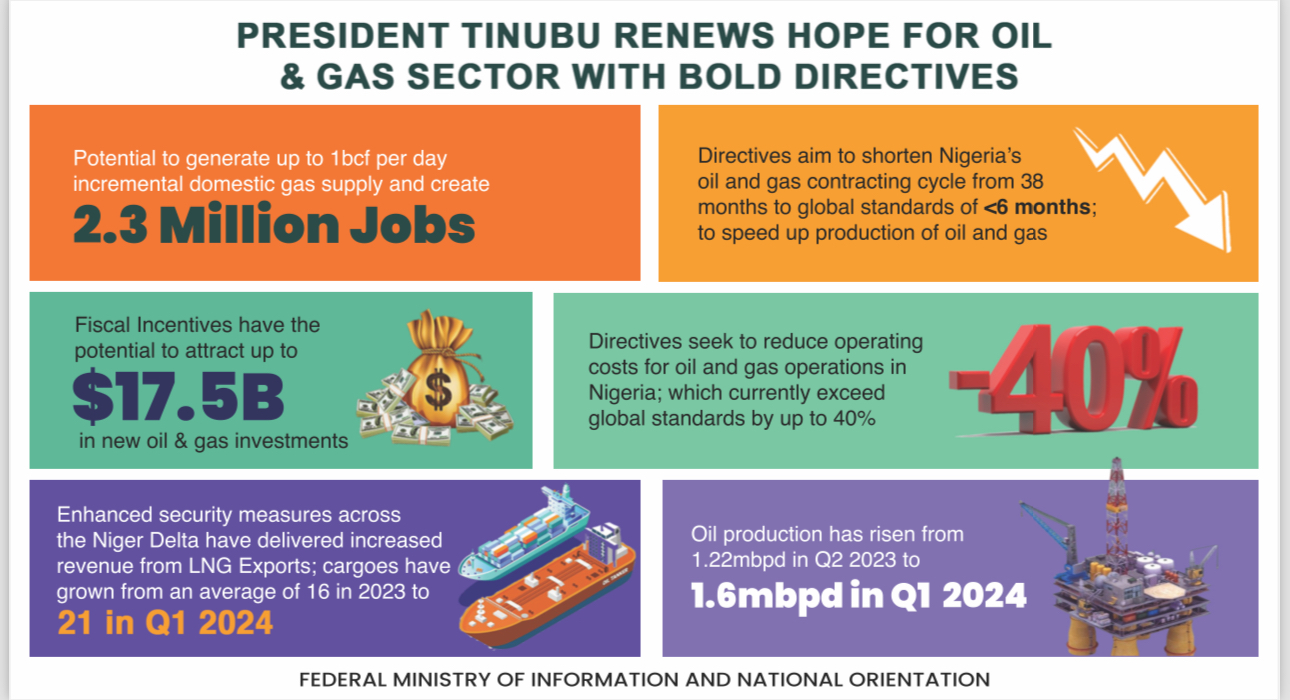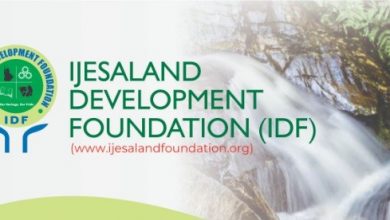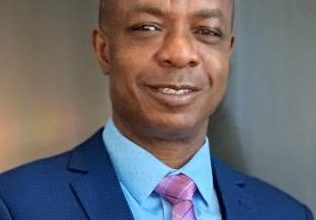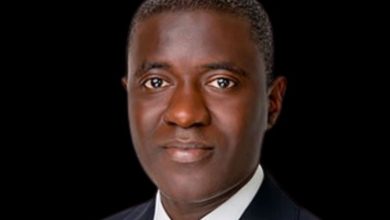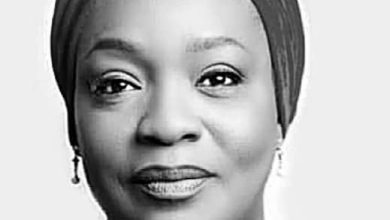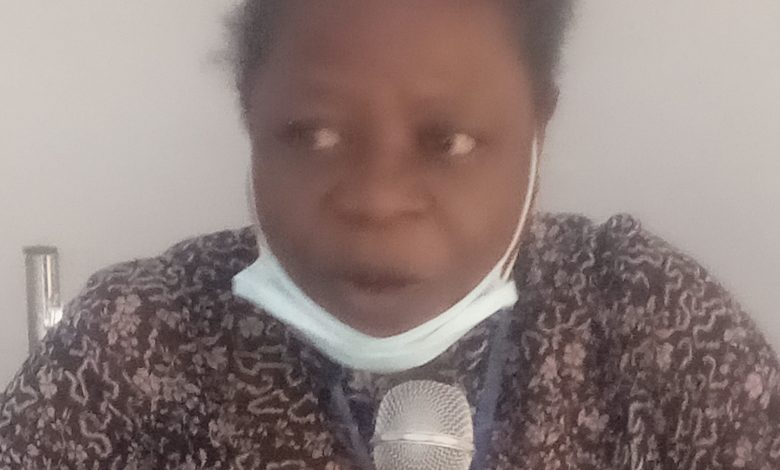
For the records: A paper presented at the Nigerian Press Council workshop on “The role of the media in combating violent extremism and terrorism in Nigeria” By Olufunke Fadugba, Chairman, Editorial Board Penpushing Media on November 18, 2021 in Ibadan, Oyo State.
Protocol
I want to deeply appreciate the organisers of the programme for finding me worthy to share my moderate knowledge on the topic of today. As conveyed to me, I am to speak on the “Challenge of the media in reporting terrorism”.
Indeed, the media sector is empowered by the Constitution of the Federal Republic of Nigeria on the essential roles it is expected to play in the national interest of this country.Specifically, Chapter 2, Section 22 of the 1999 Nigerian Constitution as amended states:
The press, radio, television and other agencies of mass media, shall at all times be free to uphold the fundamental objectives as contained in that chapter and uphold the responsibility and accountability of the government to the people.
In essence, the media, in line with this constitutional provision, is expected to ensure that the government and its agencies in their conduct reflect the federal character, uphold the need to promote national unity and project national loyalty.
However, extremism is said to be an act that is actively opposed to social values such as democracy, rule of law, individual liberty, mutual respect, and tolerance of different faiths and beliefs. Despite the fact that the constitution, under Chapter 4 Section 39 (1), allows for freedom of expression, it should not be exercised to promote extremism or hatred.
For clarity purposes and to guide us properly here today, the section says: Every person shall be entitled to freedom of expression including freedom to hold opinions and to receive and import ideas and information without interference. But then, expression by individuals should be duly exercised to guide against promoting extremism which could refer to both violent and non-violent forms of socio-cultural and political expression, while terrorism is mostly violent.
Indisputably, politicians and some non-state actors have consciously, and unconsciously, crossed the border line between extremism and terrorism through the use of expressions as violent, extremism and non-violent extremism which, often, have threatened the corporate unity and existence of this country.
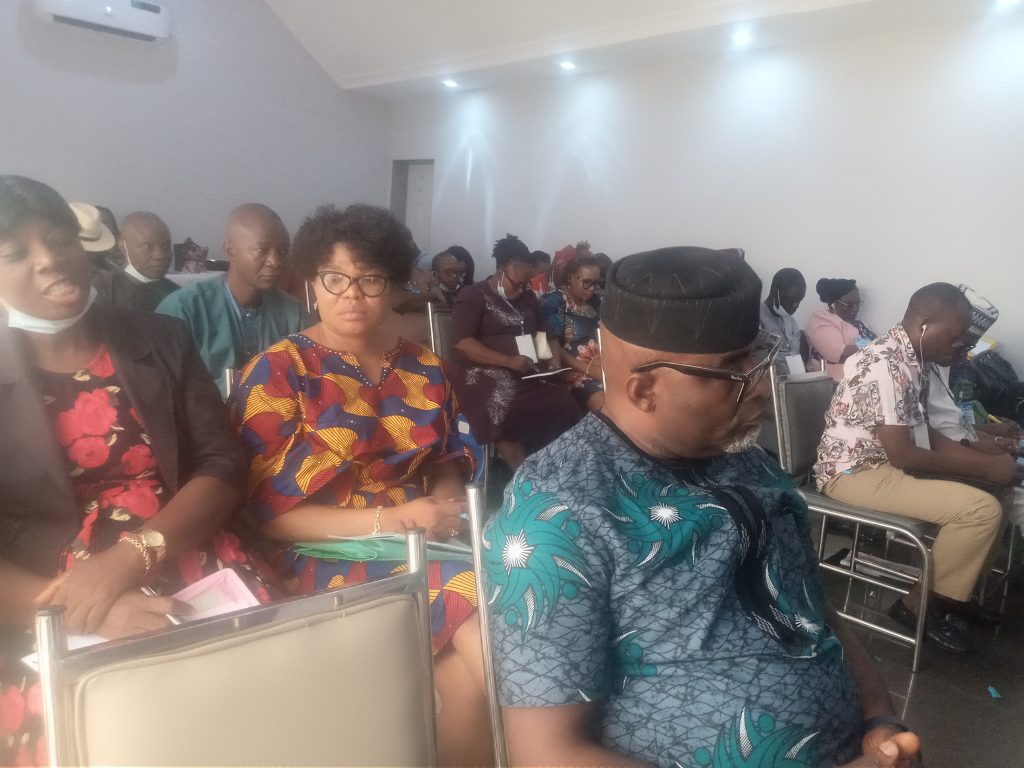
Therefore, it is significant to note that the understanding and perception of violent extremism and terrorism as a government, society or security agencies will shape how the media which is an intrinsic part of the society will respond to such acts and policies put in place to moderate such heinous acts.
Indeed, for the purpose of this presentation, let us take a critical look at extremism and terrorism. Extremism, in terms of expression, is the act of holding an extreme ideology or belief which could be in terms of adhering strictly to certain ideological or religious belief systems being expressed in certain forms to convey messages across to the public.
Terrorism, on its own is a form of political violence with the actors engaging in violent means of sharing cum enforcing a political message, intentionally aiming at soft target or non combatants like women, children, the challenged, and in some cases associated with this, is that they could be bifocal by attacking one group to terrorise another group.
Relatedly, terrorism is defined as the premeditated use of or threat of use of violence by an individual or a group to cause fear, destruction, and death, especially against unarmed targets, which may include property or infrastructure, in a state with the unbridled intention to compel those in authority to respond to the demands and expectations of the individuals or group on behalf of such violent actors.(Onuoha and Ezirim , 2013)
The Root causes
Terrorism and violent extremism find fertile ground in areas that are marginalised, the vulnerability of young citizens in life situations in society with high unemployment rate and low literacy level which are real situations in our dear country, Nigeria.
As journalists, I mean the media practitioners as a group, must help to promote effective governance by highlighting such aggravating factors and underlying conditions that could create grievances and lure individuals to join violent extremism groups. Doing so, without doubt, will help expose any dishonest activities and enlist prompt attention by the government and other stakeholders to find immediate, and possibly lasting, panacea to the emerging menace before they rear their ugly heads in our society.
As media practitioners we should endeavour – in our reportage – not to target non-violent extremism as if it is not terrorism because this may foreclose our much-needed intervention roles as promoters of dialogue, and agenda-setting agents, among key players in the society.
As part of our duties, the media should help to identify early signs of radicalisation and suggest measures that could mitigate such grievances or circumstances, and highlight them for prompt attention.
Similarly, myriad of projects in our areas of coverage across sectoral fields in the communities should be equally highlighted to prevent and counter the spread or recruitment of locals.The media, through its daily reportage, must promote successful reintegration of those willing to leave violent extremism as they could serve as needed messengers to question the rationale, adoption and approach to these anti-social vices.
Antics of extremists cum terrorists
As a matter-of-fact, these extremists and terrorists, too, have come to the realisation of the pivotal role of information in getting public attention and the desire of the media to make money to remain in news dissemination business.
Hence, they have adopted means of making the media the oxygen of their terrorist ideas (Muller et al 2003) with groups like Islamic State of Iraq and Syria (ISIS) or Islamic State of Syria and the Levant (ISIL), Al Shabbab, al-Qaeda, Boko Haram, and other extremist groups. They, truly, tend to incorporate the media directly or through internal buy-over, or sponsorship take their terrorists campaign to media platforms.
Here we have ISIS’s Dabiq of al-naba or Amazon News Agency and even some broader media platforms for direct indoctrination, radicalisation and propaganda agenda.
Challenges
A major challenge of the media is that while it is given this enormous role of taming these monstrous triggers of extremism and terrorism in the constitution, this significant sector of our democratic governance was not accorded the more power it deserves, particularly for the practitioners.
Instead, this freedom as contained in Section 39 (1) is vested in the owners of the media and not the mass communication practitioners (Commissioner Samuel Aruwan and journalist Luka Binniyat). This has to be addressed in the review of the 1999 constitution currently before the National Assembly to accord the practitioners the needed protection.

Another crucial challenge can be sighted in our Constitution under Section 45 on the restriction and derogation from fundamental rights which invalidate the right given to the media to be subsumed by any law that is presumed to be reasonably justifiable in a democratic society.
In fact, chapter 2 is non-justiciable regarding monitoring the government by the media in terms of providing such environment where there is no domination, i.e., the one that promotes equity and justice as envisaged in that chapter in order to reduce the risk of extremism amongst the people.
Similarly, another challenge to media reporting of terrorism are the various statutes on sedition, defamation and Official Secret Acts. In essence, our lawmakers must, without hesitation, perform their legislative responsibilities by helping to clean up the legal inhibitions to media effectiveness in reporting terrorism.
Curiously, the extremists and terrorists, unfortunately, rely on the media using handbills, internet, radio to seek support and legitimacy, thus making the media unconscious accomplices and even endangered species in the projection of their anti-social messages.
Therefore, as media practitioners, with the responsibility to promote counterterrorism as a preventive programme, it is our revered and constitutional duty to design such programmes as jingles and various drama sketches to dissuade the vulnerable members of society from being falsely persuaded and eventually drawn into political violence.
Clearly, myriad of events has shown, however, that extremism could easily be a pathway to terrorism. Thus, our efforts must equally focus on ideologies being exhibited which do not conform with our society’s definition of “normal” values
Furthermore, as journalists, we need to have a clear understanding of the distinction between extremism and terrorism to properly develop responses or preventive media measures. If we conflate extremism and terrorism, we will definitely be undermining genuine counterterrorism efforts through the alienation of communities and groups. The Terrorism Prevention Act prescribes death penalty for incitement but it gives a clear definition of what constitutes incitement.
Nigeria as signatory to several international treaties to protect freedom of expression and other human rights have failed to domesticate these treaties to make them justiciable in our courts.
Indeed, it must be emphasised that not all types of extremism are terrorism – conflating the two is dangerous. However, as media practitioners not all terrorists and extremists can be classified as terrorism to avoid labelling the two unnecessarily.
At this juncture, permit me to say that compliance with the principles of Chapter 2 will assist a long way in taming the triggers of extremism and terrorism among the people. The media needs also to purge itself first of any biases to effectively ensure that there is no predominance of persons or groups from a particular section, religious or ethnic group in the system of governance.
Indeed, the media in fulfilment of its social responsibility of reporting either early signs of violent extremism or crippling effect of these acts had inadvertently resorted to reporting the activities of violent extremists and terrorists.
Again, the Nigerian media needs to be well equipped in terms of knowledge on modus operandi of these social perverts, modern intelligence gathering and processing as well as in the use of technology to avoid bandwagon reporting of indirectly lending legitimacy to the demands of terrorists, just as the media in its quest to fulfill its role of informing or projecting alternate views should strike a balance between citizens’ right to know and national interest as well as social and professional ethics.
Also, allow me to add that the media, in meeting its primary role to satisfy the information needs of its public, has been confronted with the task of upholding sense of obligation and the need to serve the overall interest of the society.
Above all, I want to emphatically stress that media owners, professional groups,media associations should periodically profile their practitioners to sift out those that have crossed the line of media practice into being spies, propagators and sympathisers of extremism and terrorism.
Doing this surgical media operation, without any hesitation and without bias, will go a long way in tackling the menace of extremism and terrorism in our society. On the long run, our society shall be the better for it by living in unity, peace and harmony – the essential ingredients in a democratic society like ours.
Finally, at this auspicious moment, I thank you all for listening, and God bless us all and Nigeria. Amen.
References:
1999 Nigerian Constitution as amended.
Daniel Kirkpatrick, Recep Onursal, University of Kent-Sept 1, 2019. https://theconversation.com
Terrorism vs Extremism:Are they [email protected]
Extreme violence and the media challenges of reporting terrorism. https://www.researchgate.net
Incitement to Terrorism@ UNODC.org
Muller,E.R.,R.F.J. Spaaij.,A.G.W.Ruitenberg.Trends in Terrorism. Kluwer,2003.
FOOTNOTE: You want to share story with us? You want to advertise with us? You need publicity for product, or service, or event? Contact us on WhatsApp +2348073463653 or email [email protected]

